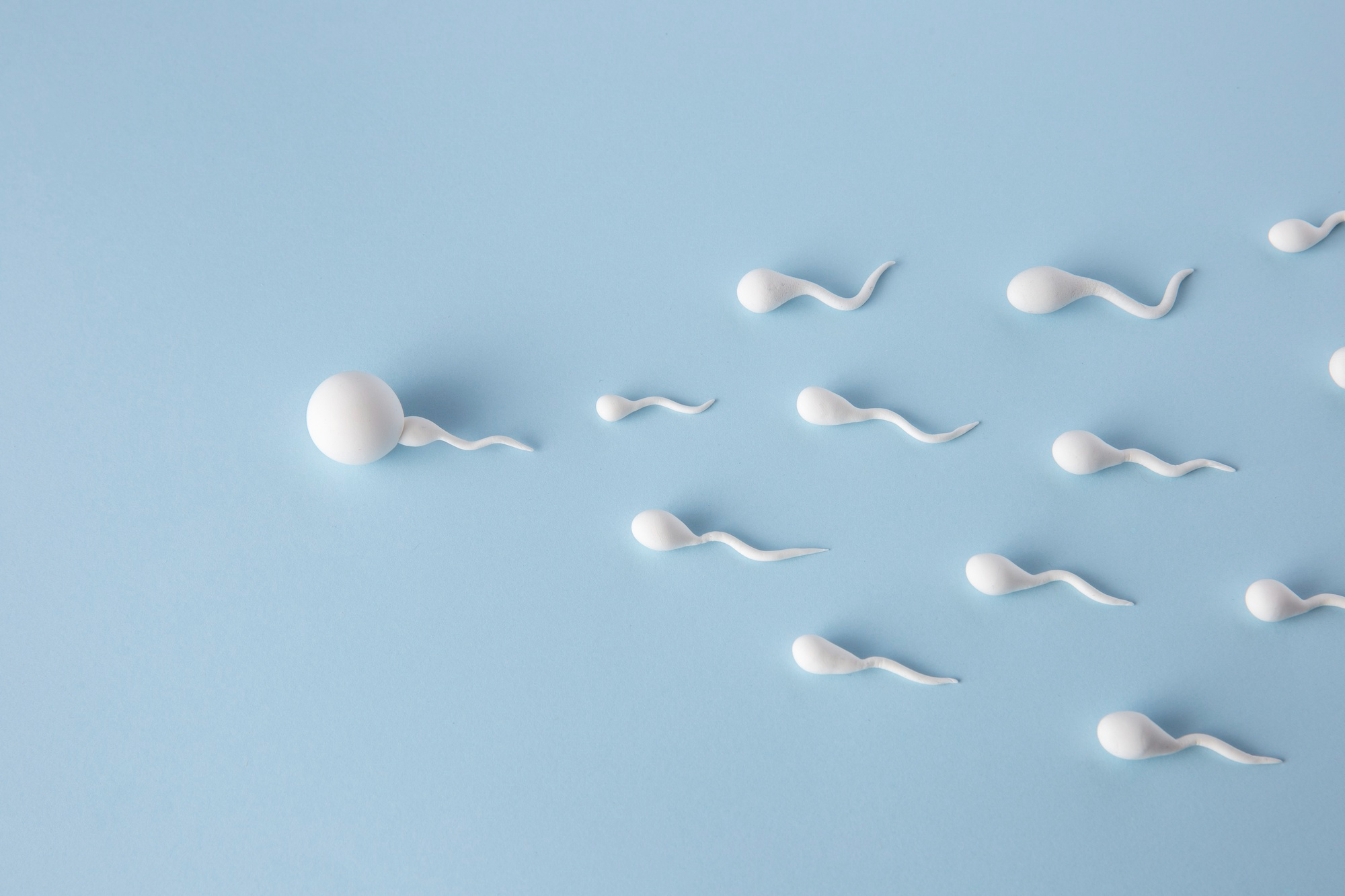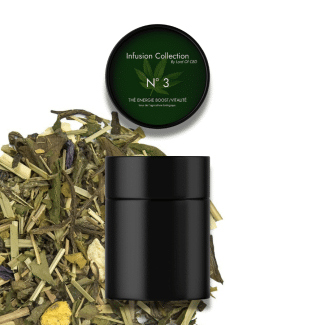
Moderate cannabis consumption would not harm fertility
Cannabis is still today the most consumed illegal psychoactive substance in France . According to Drugs Info Service, about one in three adults have already smoked it at least once in their life, with a particularly marked prevalence in men aged 18 to 64, 3.4 % of which declare consuming it regularly. While the debates rage around its legalization and the effects of cannabis on health are widely discussed, a surprising study of Harvard University reveals that moderate consumption of cannabis may not harm male fertility, contrary to what was thought until then.
This study, published in the recognized scientific journal Human Reproduction, was specifically interested in the effect of cannabis on the quality of sperm, from a substantial and representative sample. The researchers carefully analyzed 1143 samples of sperm from 662 men, an average of 36 years, followed between 2000 and 2017 in a hospital center specializing in fertility. These men have also fulfilled a detailed questionnaire on their cannabis consumption, allowing scientists to classify the respondents precisely: a consumer, former consumers and current consumers.
The results obtained are amazing: on average, men who have already smoked cannabis had a significantly higher number of sperm by milliliter (62.7 million) than those never smoked (45.4 million). Another remarkable fact: no notable difference was observed between old smokers and current consumers, respectively with 63.5 and 59.5 million sperm per milliliter.
These figures come to question the general perception that cannabis is necessarily harmful to male fertility. Indeed, only 5 % of smokers presented a number of sperm below the threshold of 15 million par Millilitre fixed by the WHO as a minimum threshold of optimal fertility. Conversely, 12 % of non-smokers were on this critical threshold.
The main author of this research, Feiby Nassan, explains that this data goes against popular belief. It advances two main hypotheses to explain these surprising results: the first concerns the potential role of the endocannabinoid system, stimulated by low levels of cannabis consumption, playing a beneficial role in the production of sperm. Conversely, excessive consumption would tend to reverse these positive effects, confirming that it is indeed the moderation that matters. The second explanation would be behavioral: men with high testosterone levels could naturally be more inclined to adopt risky behavior, among which is the consumption of cannabis.
Effects of cannabis and caffeine on the quality of sperm
In addition, another interesting study from Brazil looked at a more daily and trivialized consumption: that of coffee. The researchers analyzed the sperm of 750 men according to their consumption of daily coffee, ranging from small drinkers (1 to 3 cups per day) to large consumers (more than 6 daily cups).
If the quantity or concentration of sperm was not varied according to coffee consumption, a significant difference was nevertheless observed concerning their mobility: the sperm of the large coffee drinkers were much more mobile than those of men who did not drink coffee. These results open up new interesting therapeutic perspectives, considering the potential use of caffeine as a natural stimulant of spermatic mobility, an essential criterion for male fertility.
Cannabis effect: a contrasting reality?
If Harvard's study sheds nuanced lighting on moderate cannabis consumption, other studies highlight much more deleterious effects. A study conducted with 22 men consuming cannabis for about 5 years has shown that this substance could greatly alter the quality of the sperm. These researchers have indeed noted a decrease both of the number and volume of the sperm produced. In addition, they observed that cannabis caused an initial acceleration, followed by rapid immobilization of sperm.
The main component of criminal cannabis is here the tetrahydrocannabinol, better known by the acronym THC. The latter interacts directly with the cannabinoid receivers present on human sperm, which can even prevent the latter from stopping properly at the ovum, thus strongly compromising natural fertilization.
These contradictory results reflect a complexity that is not completely elucidated concerning the effects of cannabis on male fertility, highlighting the need for new more in -depth and large -scale studies, in order to identify precisely which levels and modes of consumption could have beneficial or harmful effects on human reproduction.
Read too
If cannabis is often mentioned for its effects on male fertility, it is just as relevant to study its potential consequences on female fertility. Some studies are beginning to indicate that THC could alter hormonal concentration in women and thus disturb their menstrual cycle and general fertility. However, these results remain preliminary and require confirmation by more rigorous clinical studies.
In addition, research is increasing on the many potential effects of cannabis on human health in general: effects on cognition, memory capacities, stress management and anxiety or on chronic pain. A scientific expansion area, which interests consumers as much as the medical environment, always looking for effective alternative treatments.
A complex substance with multiple effects
All of this research draws a complex and nuanced picture of the effects of cannabis on fertility. As with many natural or psychoactive substances, it clearly appears that the keystone lies in the moderation and control of its consumption. Harvard's results suggest that low consumption levels may actually not be harmful, even beneficial in certain cases, but that abuses quickly cause proven negative effects.
Therefore, it is essential for each consumer or each person considering therapeutic or recreational consumption of cannabis to become aware of these important shades, to adopt an informed and informed consumption, and to exchange regularly with health professionals capable of offering personalized and rigorous support.
Faced with these various results, the debate on the legalization or not of cannabis should integrate these scientific data to enrich societal and political exchanges around a complex but unavoidable subject.
This informative and complete article allows you to better understand the potential impacts of cannabis and hemp on male fertility. For more information and to continue to keep you informed, consult our news and articles dedicated to these important health subjects regularly.
















